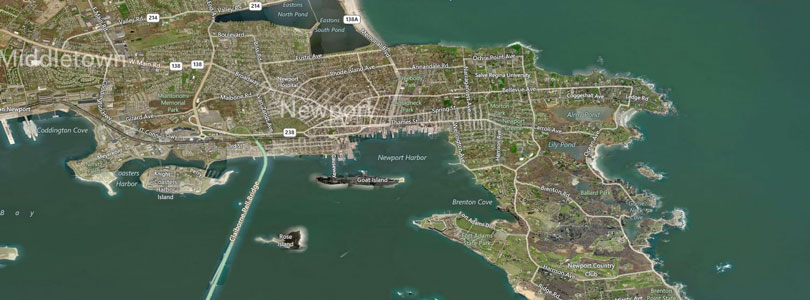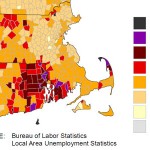Roger Slocum: Storm of User Fees and Taxes in Newport
In 1995, the city of Lansing, Michigan, adopted Ordinance 925, known as the “rain tax.” It provided the creation of a storm water enterprise fund “to help defray the cost of administration, operation, maintenance, and construction” of a new storm water system that would separate sanitary and storm sewers to correct the discharge of untreated and partially treated sewage. Lansing planned to finance this project by a service charge.
Lansing’s service charge was publicly challenged, and the majority ruling by the Michigan Supreme Court declared, “we hold that the storm water service charge is a tax, for which approval is required by a vote of the people.”
Just what exactly distinguishes a user fee from a tax? The Michigan court advanced three criteria:
- A user fee is designed to defray the costs of a regulatory activity (or government service), while a tax is designed to raise general revenue.
- A true user fee must be proportionate to the necessary costs of the service, whereas a tax may not be.
- A user fee is voluntary, whereas a tax is not.
Although Newport has no rain tax, it has experienced increased service costs for water and sewage usage; the projected future costs for continuing upgrades will be significant. As in Lansing, I believe Newport plans to finance these projects by continuing to impose higher service fees. These cost increases will continue as Newport eradicates storm water runoff and sewage problems to improve ocean and bay water quality, as well as future plans for drinking water improvements.
The problem is that the capital expenditures (millions in new equipment and facilities) will be folded into these increased user fees. Taxes differ from user fees in that paying taxes isn’t a matter of choice,and what you pay is not tied directly to what you are using.
I propose that the City of Newport remove the capital expenditure components (equipment and facility upgrades) and submit them as a referendum (as was done for a new public school). Hopefully, Newport residents would vote for a tax increase, limiting service fees to those costs primarily associated with administration, operation, and maintenance.
Why, you ask, would anyone want to vote for an increase in taxes? One way or the other we need to pay for these water related projects. However, Newport homeowners are able to deduct taxes, but not service fees. Businesses can deduct service fees and taxes. For those enterprises paying no taxes, all current and future water related costs would remain as service fees.
An additional reason for my tax proposal is that Newport’s current and projected water-related user fees are a regressive tax, a burden for low and middle-income homeowners and renters. For example:
… shifting the financing of trash collection from the municipal general fund (financed by property taxes) to a user charge may shift more of the cost to low- and moderate-income households. This is because wealthier families tend to live in more expensive houses and pay more in property taxes, so they contribute a proportionally larger share of general fund services. Under a user fee system, both lower income and higher income households would pay the same trash collection fees.
Aquidneck Island needs to improve its water quality, as well as reduce pollution in the bay, and we must fund these improvements in the best way. Using other cities as models, such as Lansing, the best way is a combination of increased taxes for related improvements and assigned user fees that reflect solely costs of service.
Roger W. Slocum is a Newport resident and member of the City of Newport Combined Sewer Overflow (CSO) Program Stakeholder Workgroup




